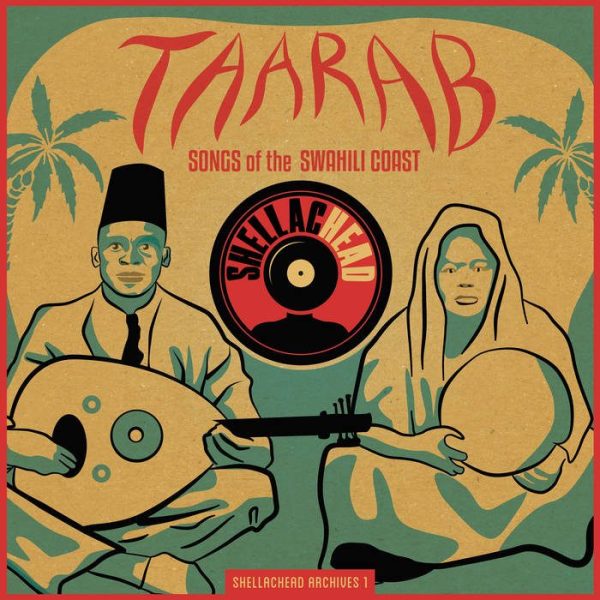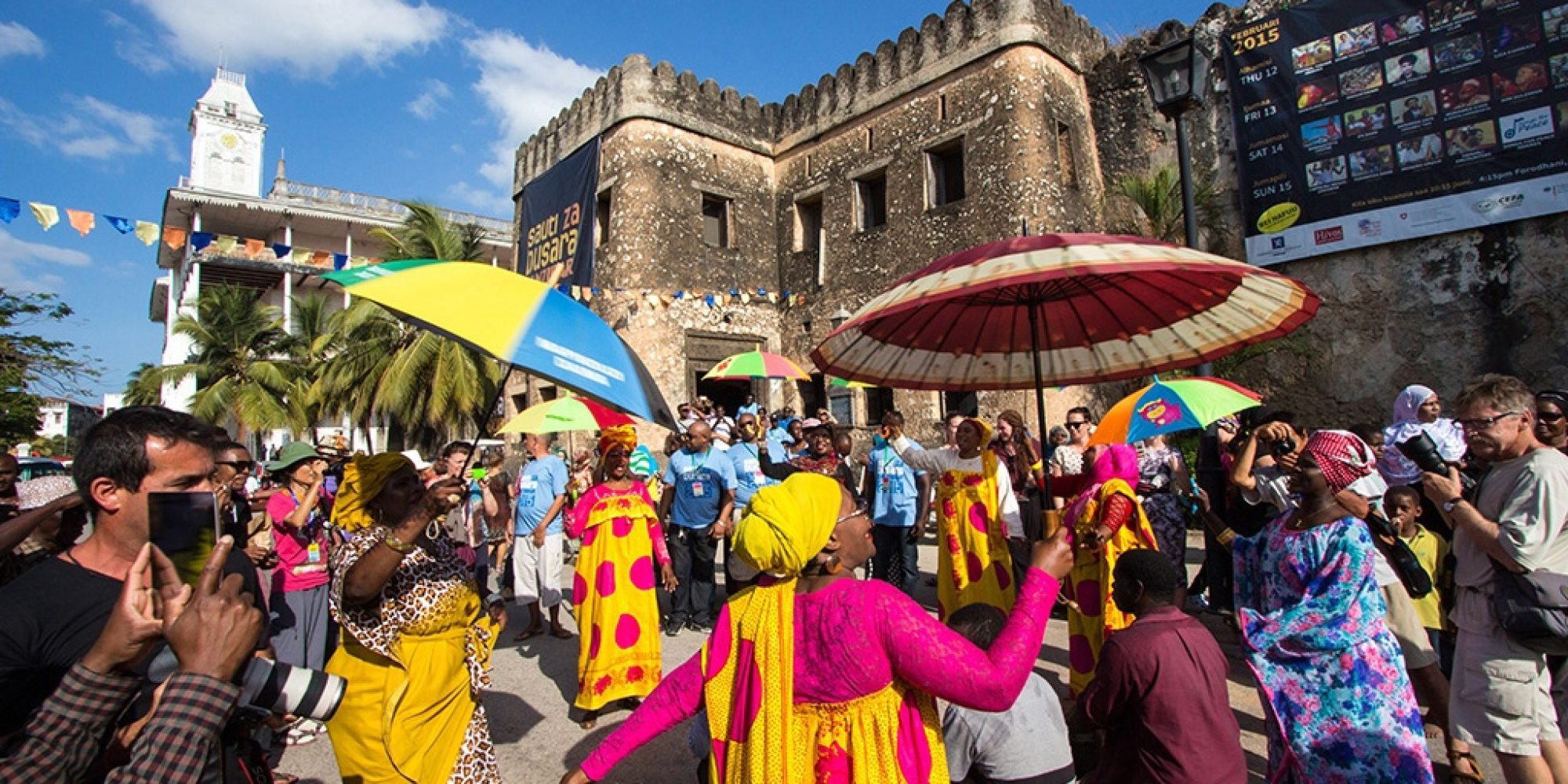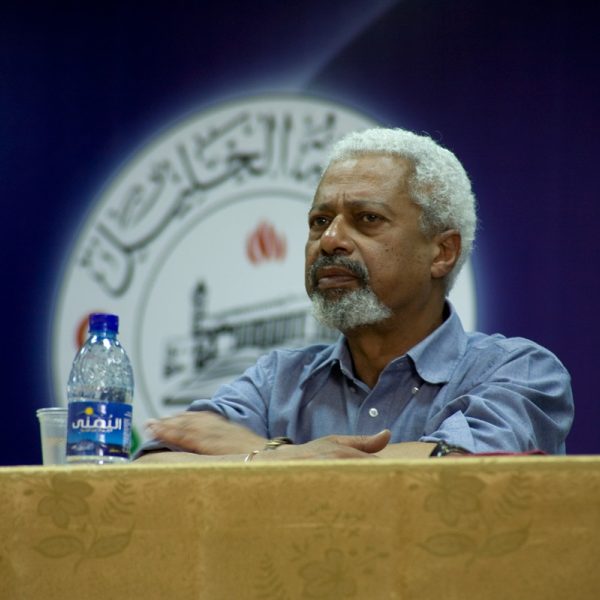Afropop Worldwide’s executive producer, Sean Barlow, recently interviewed Yusuf Mahmoud, the creator and director of Zanzibar’s acclaimed Sauti za Busara (Swahili Sounds of Wisdom) Festival, East Africa’s premier music festival. Yusuf invited readers to join him for a special celebration for the upcoming 20th anniversary of the festival set for Feb. 10-12 in the open air Old Fort—a UNESCO World Heritage site--in Stone Town, Zanzibar. Yusuf is fond of saying “The best place to experience African music is under African skies.” And he surely has a strong case to make! During the interview, Sean presented Yusuf with his grand vision of spotlighting the Sauti za Busara Festival as the centerpiece for anyone’s visit to Tanzania, preceded by a deep dive into the lively nightlife of the country’s largest city, Dar es Salaam, and for a post-festival finale, enjoying some welcome R&R at one of the island’s gorgeous white-sand turquoise-water beaches. And die-hard adventure travelers could always add a safari excursion to one of the country’s thriving game parks. (How can you resist?) Keep an eye on www.afropop.org for more details. Now to Yusuf.
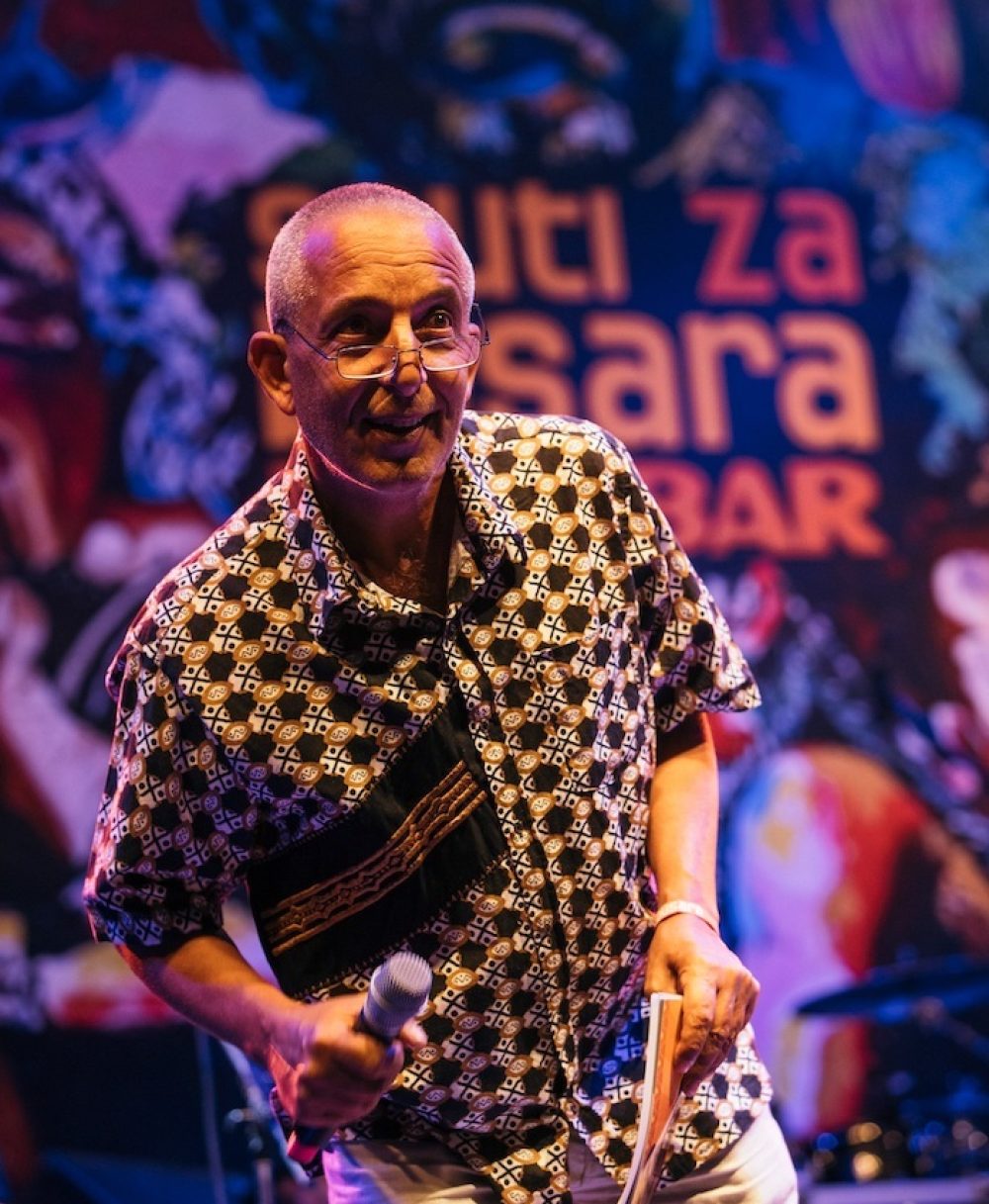
Sean Barlow: Yusuf, welcome back to Afropop Worldwide. Salaam! Peace! Why don’t you start out for the folks who’ve never been lucky enough to visit beautiful Zanzibar—which is most people in the world after all—by describing your island.
Yusuf Mahmoud: Wow, where to start?! Zanzibar is a group of islands in the Indian Ocean, around 30 miles from the coast of Tanzanian mainland. We are just six degrees south of the equator. The main island of Zanzibar A.K.A. Unguja is roughly 60 miles long and 30 miles wide. The population, around 1.5 million, are mostly Muslim. For centuries, Zanzibar was an important trading hub, which accounts for its cosmopolitan mix of people, with influences from mainland Africa, the Arab World, India, China and Europe. Zanzibaris are warm, open and friendly people. Moving around is completely safe, and violent crime is almost unheard of. In February the climate is warm and humid, 85-90 degrees F, I guess similar to NYC in June-July. The food is fresh and delicious; I highly recommend the many fruits, fish and seafood. The festival is held in the old city of Stone Town, a UNESCO World Heritage site, famous for its hand-carved doors and narrow streets. Of course Zanzibar also has some of the world’s most beautiful beaches, with pristine white sand and clear turquoise waters, perfect for snorkeling and diving.
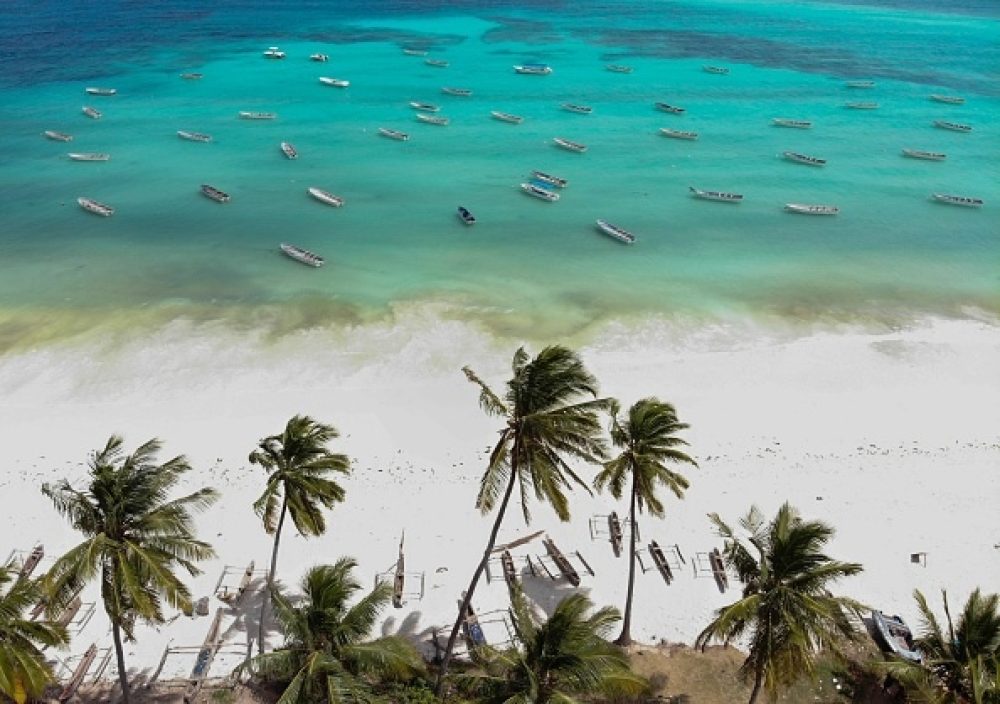
Lovely! I want to go again ! Why don’t you continue by telling us your personal story of how you came to Zanzibar?
It was in U.K. during the 1980s, whilst working with the anti-apartheid movement, that I first realized the power of African music to raise awareness, change hearts and minds and build solidarity across borders. I was invited to Zanzibar in 1998, originally to help set up an international film festival. I saw there were many unique and amazing music groups in Tanzania and East Africa that were unknown outside the region. In 2003 I founded Busara Promotions as an NGO, to celebrate cultural diversity and offer employment and training opportunities to nurture an East African music industry that was connected in exchange with other regions of the Continent. Our flagship event is the Sauti za Busara festival, (Swahili language: Sounds of Wisdom) which brings together thousands of locals every year in joy and celebration, with audiences from across Africa, Europe and beyond. The next Sauti za Busara Festival will rock the walls of Stone Town from February 10-12, 2023, with the theme Tofauti Zetu, Utajiri Wetu (Diversity Is Our Wealth). With travel restrictions easing up now and this being our 20th edition, I promise you it will be extra special!
Yes, and we so much want to join you in Zanzibar next February! Where there’s a will…Yusuf tell us your vision for what kind of festival you wanted to create.
I remember you and Banning both attended our first edition in 2004, with some great feature posted on Afropop Worldwide. Back then, my vision was to provide a platform to build local and global appreciation for diverse sounds from the Swahili-speaking region, i.e. East Africa. Within a few years, we were receiving applications from artists from further afield, and we widened our focus to become a pan-African event, showcasing musicians from across Africa and the diaspora. Artists your listeners may be familiar with who featured over the years include for example Nneka, Blitz the Ambassador, Sampa The Great, Cheikh Lo, Samba Mapangala, Bassekou Kouyate, BCUC, Somi, Natacha Atlas, Ebo Taylor, Pat Thomas, Mokoomba …However I should stress it’s not only about big names, we always give priority to women musicians and to young and emerging talents. For local artists, the festival has become an important stepping stone often leading to other international bookings and opportunities.
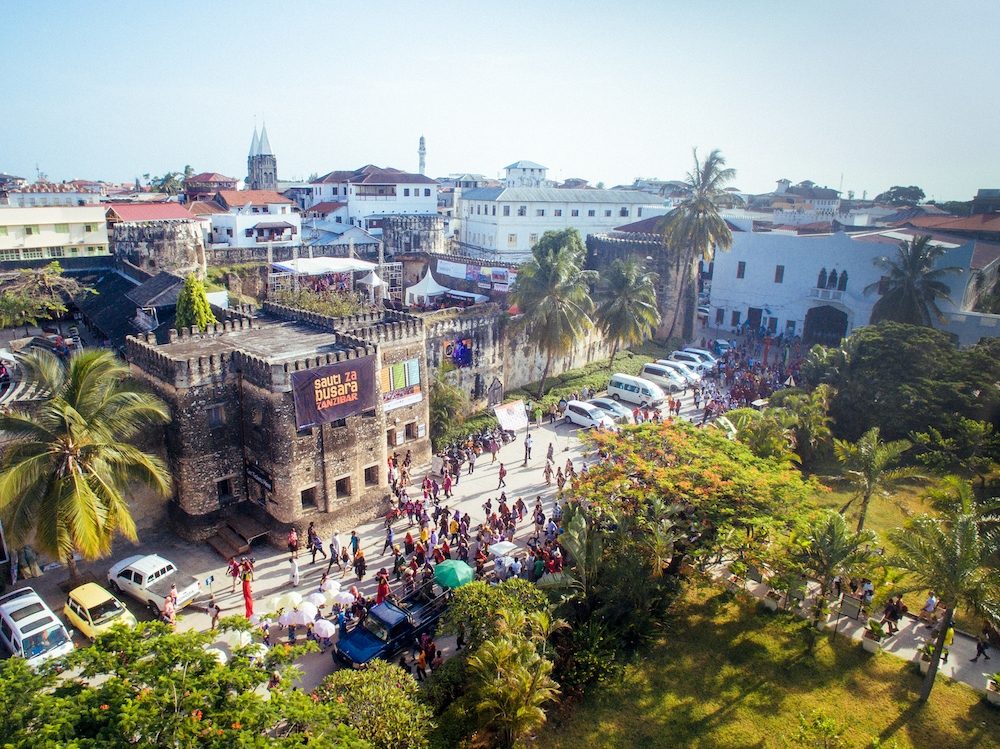
Fantastic. Yusuf, tell us about some of the artists visitors will see next February [and listeners will hear ex post facto on our radio show and on afropop.org.]
Sure, Sauti za Busara will feature music groups from North, South, East, West and Central Africa, all performing 100 percent live. Some groups include BCUC--Music for the people by the people with the people i.e. Bantu Continua Uhuru Consciousness (BCUC). It is a collective from Soweto, South Africa. BCUC never fails to move audiences, physically and emotionally, with their powerful messages and explosive rhythms.
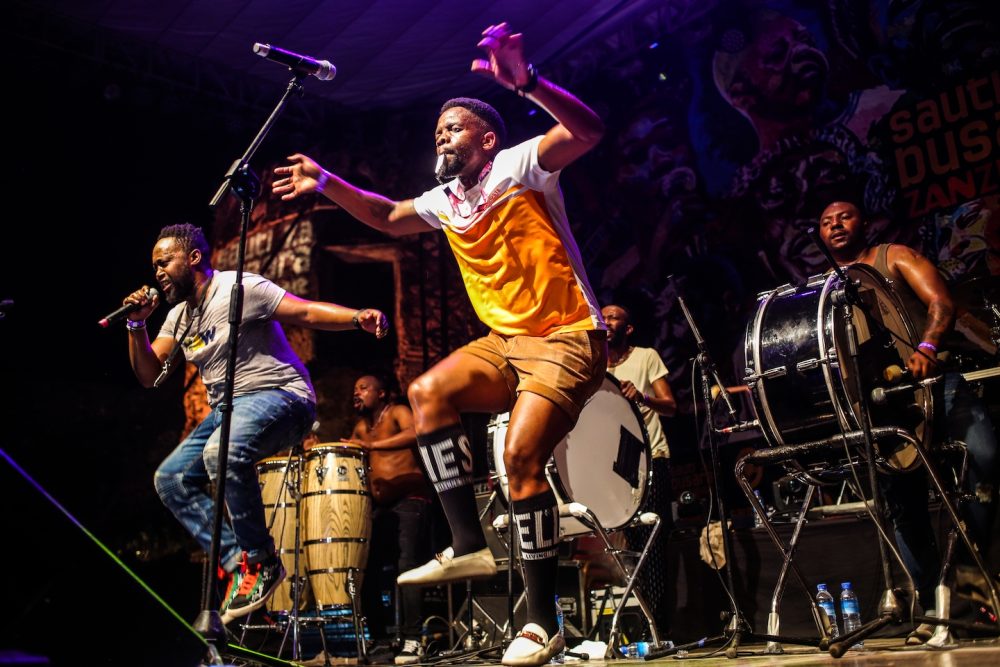
MZEE WA BWAX is a popular singeli artist from Tanzania. Singeli evolved from mchiriku, to become an exciting and energetic electronic style from the poorer neighborhoods of Dar es Salaam. Its rhythms are fast-paced, loopy and repetitive, with rapid-fire vocals articulating often humorous but pertinent stories over rolling, percussive beats.
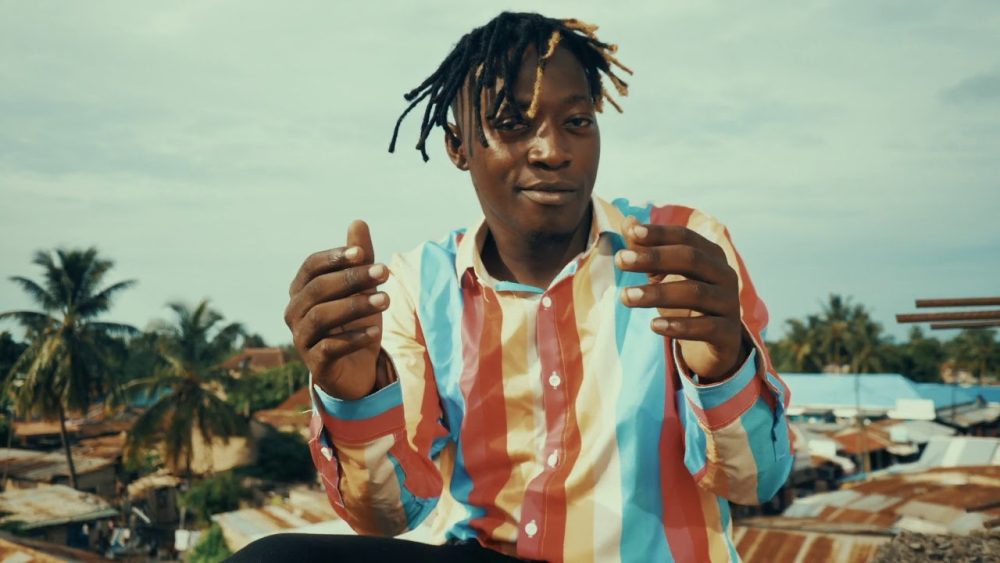
ASIA MANDANI is a charismatic vocalist and percussionist from Sudan, now based in Cairo, Egypt. She performs traditional Sudanese folklore and other music styles. Her music reflects pride in her heritage as a Black African and a strong woman with a voice that is magical and, at the same time, fierce.
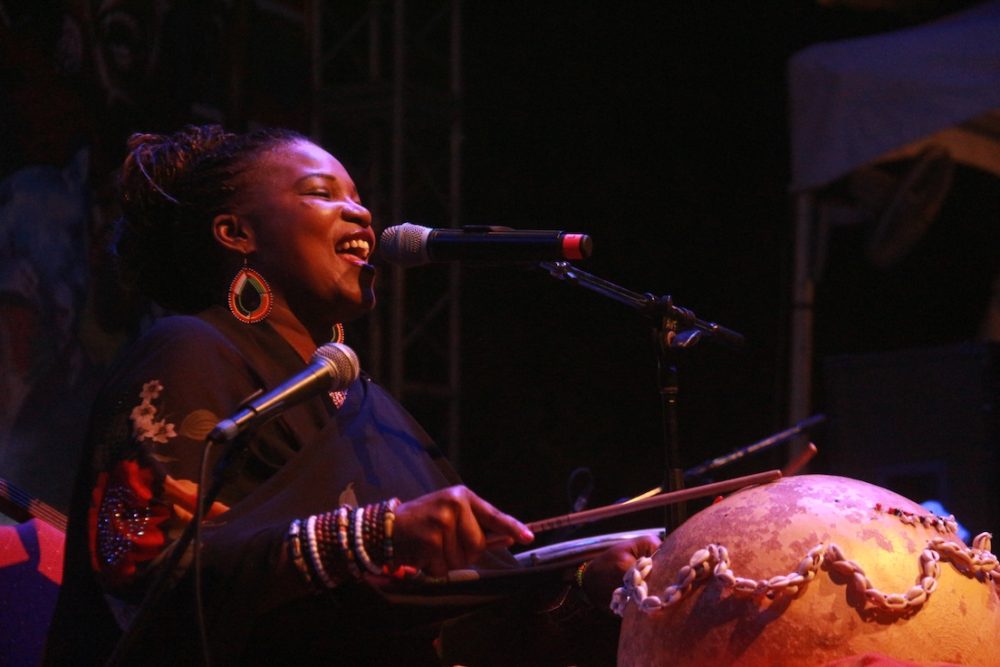
CULTURE MUSICAL CLUB was founded in 1958. It is Zanzibar’s most prolific and successful taarab orchestra. They have six international CD releases and have been regularly touring internationally. As well as playing the lush orchestral sounds of traditional Zanzibari taarab music, they also perform a more homie dance style of music from the working class areas outside of Stone Town, called kidumbak.
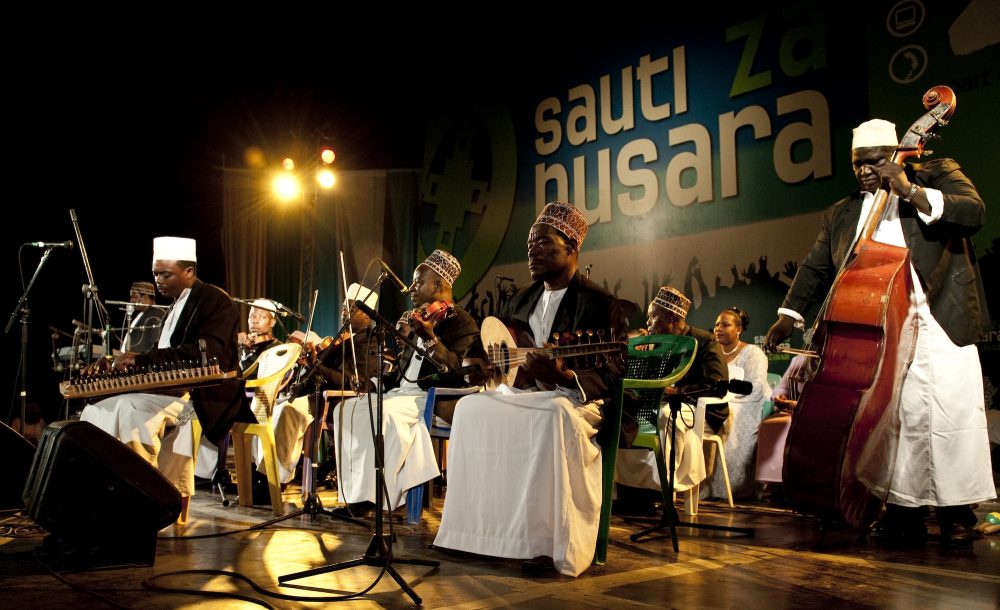
PATRICIA HILLARY is a legend of "modern taarab," Njiwa, taarab to dance to!
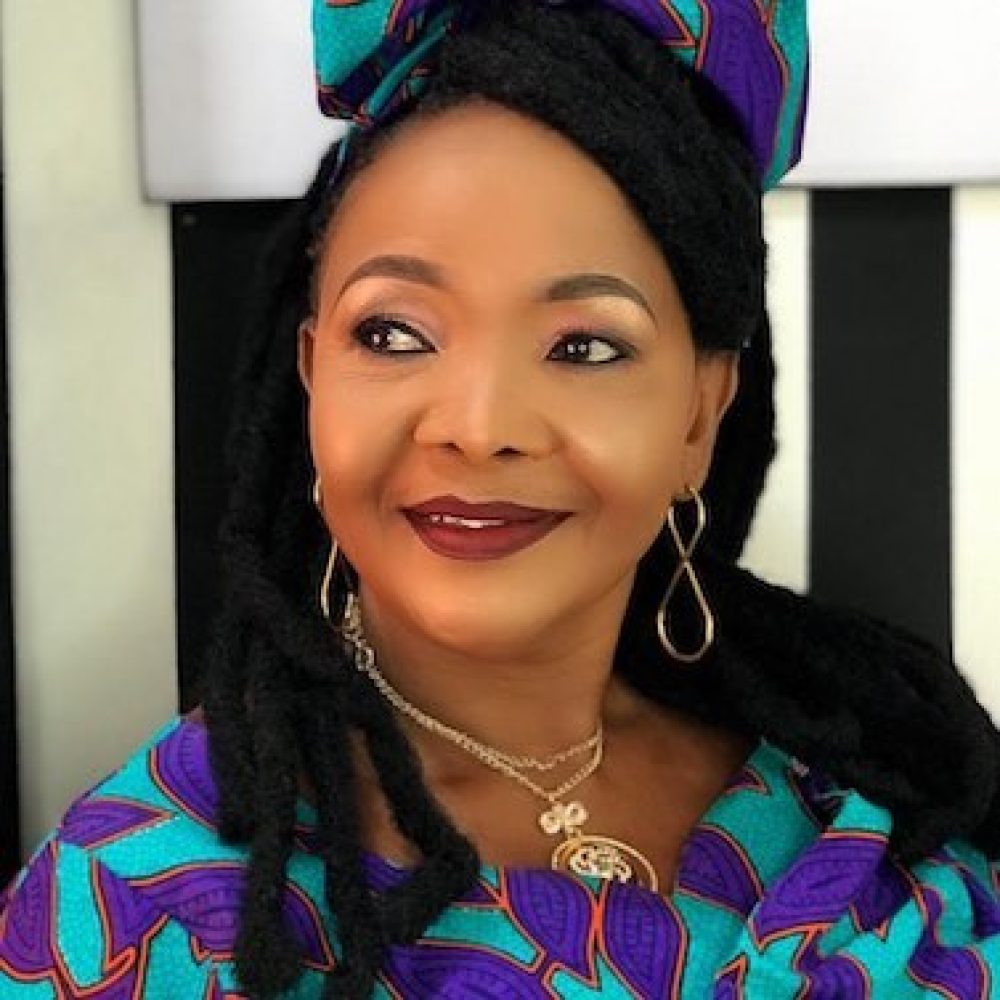
STONE TOWN ROCKERZ is a roots-rock-soul-reggae band.
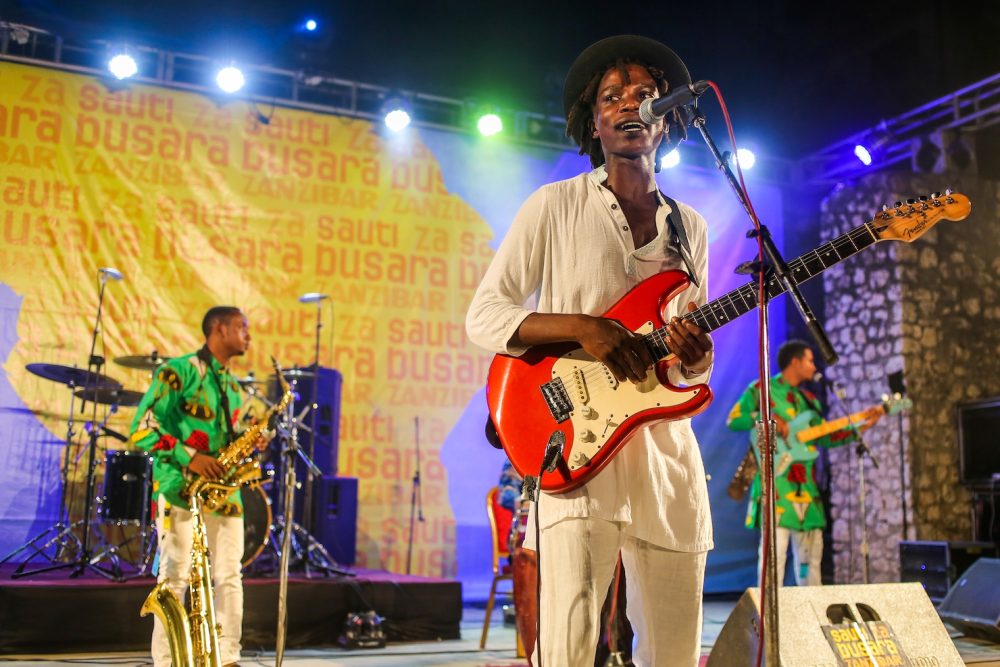
UWARIDI BAND is a talented all-women group of passionate and energetic musicians. They play many instruments, including violin, accordion, tabla, cajon, ngoma, zeze, rimba, sanduku, vidumbaki, rika and percussions.

ZAN UBUNTU is impossible to put in a box.
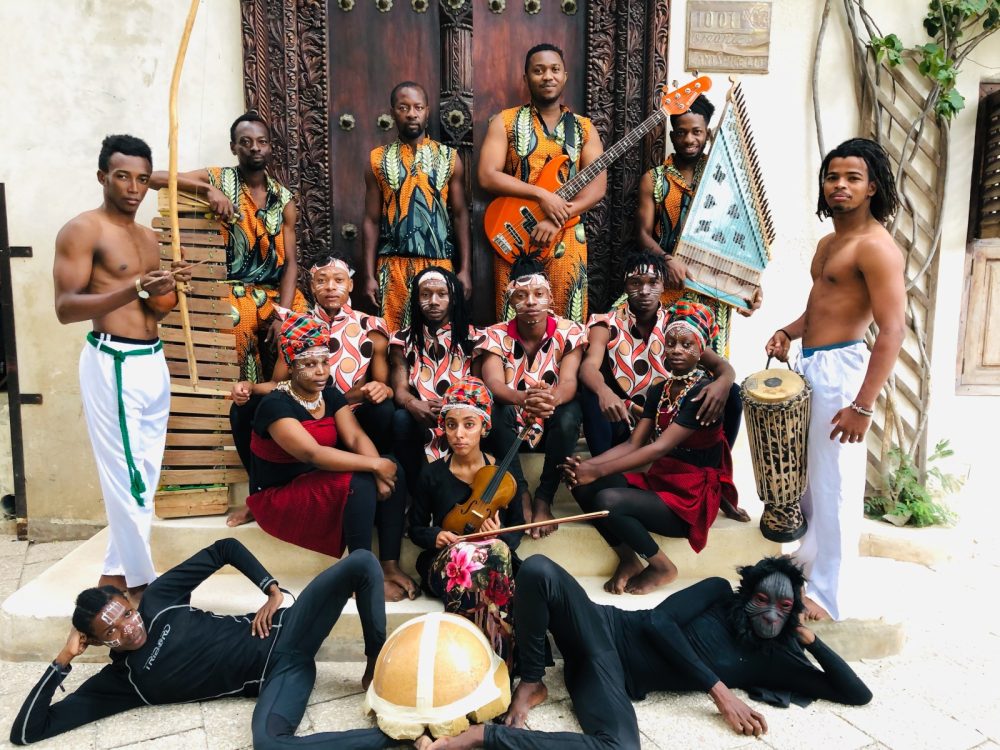
ZENJI BOY is hip-hop Zenji flava.
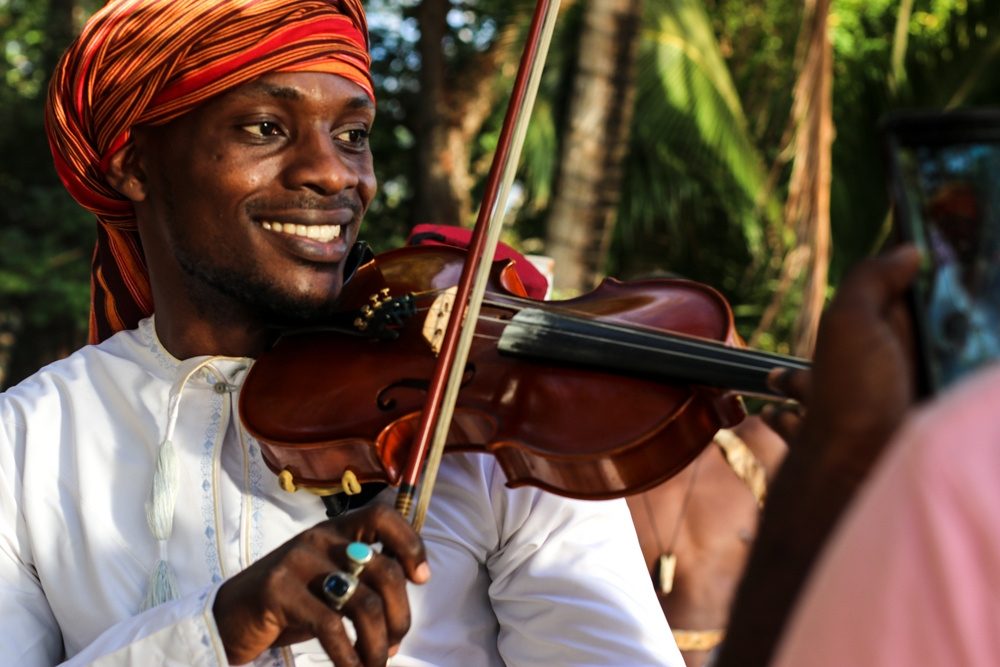
NAXX BITOTA. Born in the Democratic Republic of Congo (DRC) Naxx Bitota is now based in Quebec. Her music blends Congolese rumba with mutuashi (seductive roots-based pop from southern Congo) and other African styles with reggae, rumba and Afropop.
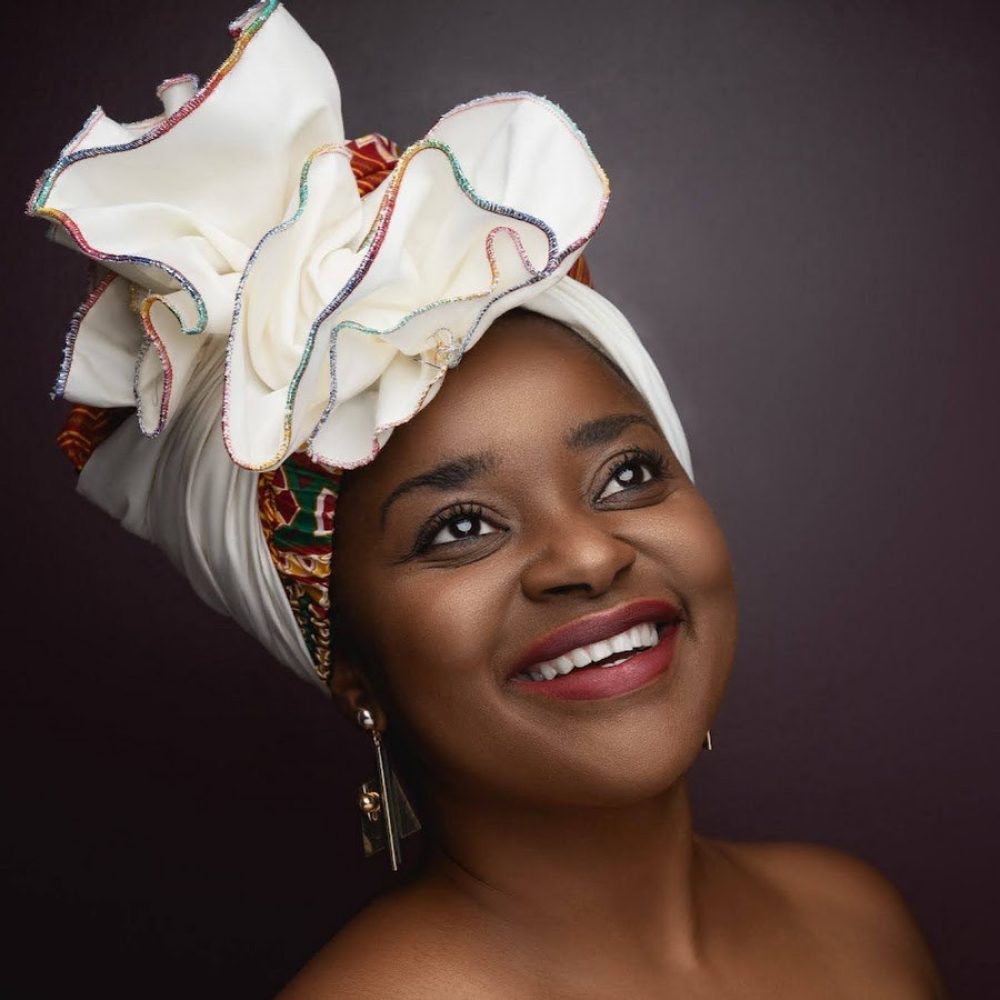
SANA CISSOKHO is a soulful kora player from the Casamance region of Senegal. He was born into a griot family. His uncles are the legendary kora players Toumani Diabaté and Ballaké Sissoko. Sana follows their footsteps in keeping the rich Mandinka cultural heritage alive.
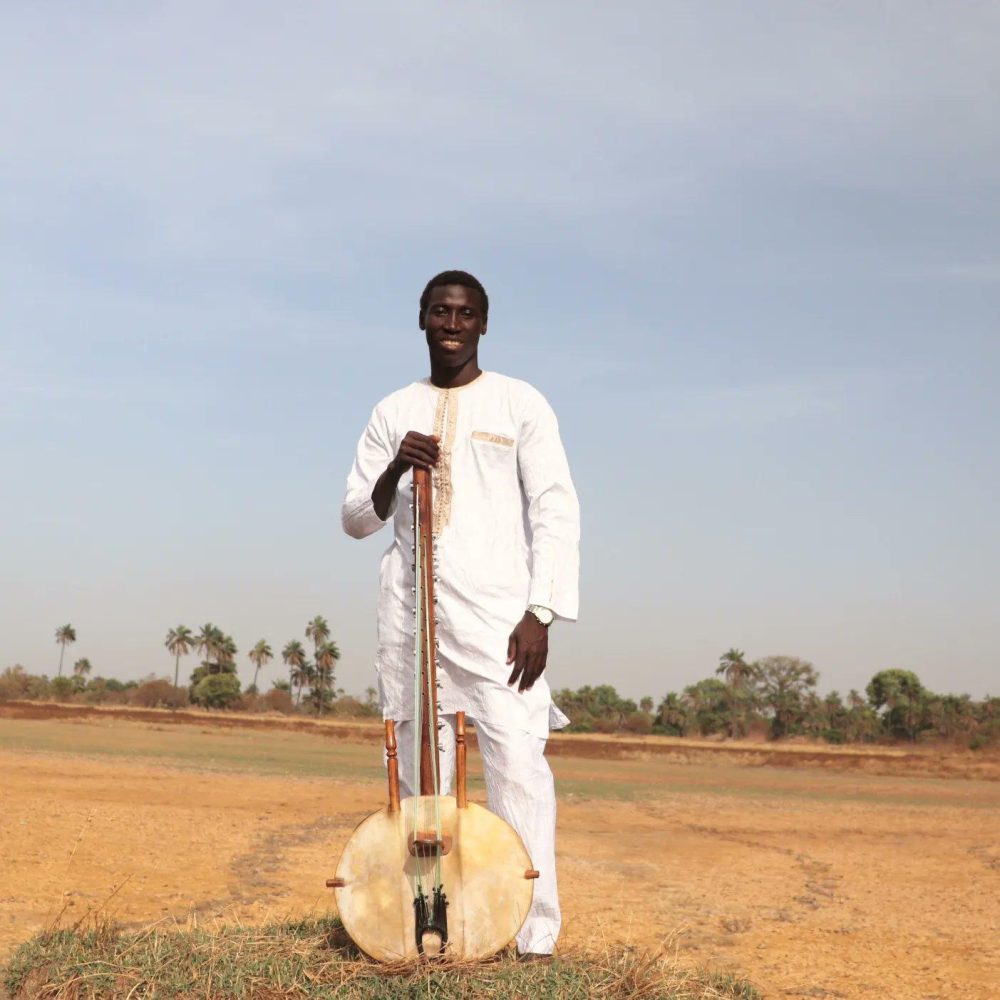
ZAWOSE REUNION is a special project from Tanzania, paying tribute to the late great Hukwe Zawose who recorded at Peter Gabriel’s RealWorld studio and regularly performed at WOMAD festivals worldwide. Hukwe’s legacy continues through his children, some of whom will reunite in February to perform a special show including different traditional instruments, such as marimba (balafon), zeze (gogo two-stringed violin), irimba (mbira) and ngoma (traditional drums). Their singing is haunting, captivating and out of this world. And it doesn’t matter if you don’t understand the language, the power is in its intensity of feeling.

And we’re pleased to announce a headline artist--the legendary African reggae artist, Tiken Jah Fakoly.

You know Yusuf, I understand you’ve placed a big emphasis on presenting women artists and recruiting women staff for behind the scene. Talk about that.
Our festival is not only about entertainment. An important part of our mission is also to provide training and capacity building, in events management, sound engineering, technical production, stage management and so on. And to offer spaces for local and international artists, managers, music promoters, media and creative professionals to network, exchange and collaborate. We have consistently demonstrated there is a market for new, exciting and original sounds that are uniquely local. However, in terms of performers on stage and crew members behind the scenes, for many years we had a problem in that women were under-represented. I believe this issue is not specific to Zanzibar but also the global music industry. So a few years ago we decided to try and readdress the balance, by proactively seeking more women artists to showcase on stage, and more women to join our technical team, in the hope that this would inspire, offer hope and encouragement for more women to come forward. It seems to be working! In three years the ratio has doubled: in 2022 around 40 percent of groups on stage were led by women and 35 percent of crew members were female. Recent performers at the festival, I would say, offered great inspiration to other women who would include, for example, Sampa The Great (Zambia), Siti & the Band (Zanzibar), Tausi Women’s Taarab orchestra (Zanzibar), Msaki (South Africa) … and many more. Also it’s important to note behind the scenes we hosted stage-management training by women for women from the region, and featured all-female panelists at our “Movers and Shakers” conferences, which take place each afternoon during the festival. It was at one of these sessions where Carola Kinasha, a celebrated Tanzanian singer/songwriter and festival MC, noted “On women in music, the problem is not that we’re not skillful enough. It’s that all the decision-makers are men.” Or Somi, a U.S. singer-songwriter of Ugandan and Rwandan heritage, said “We have so. few role models as African women in music that we’re basically here to carve out new paths, to be the models for future generations.” By the way, these panel discussions are very friendly and informal and they have proved to be an excellent way for local and international artists, managers, creative professionals to meet and get to know one another.
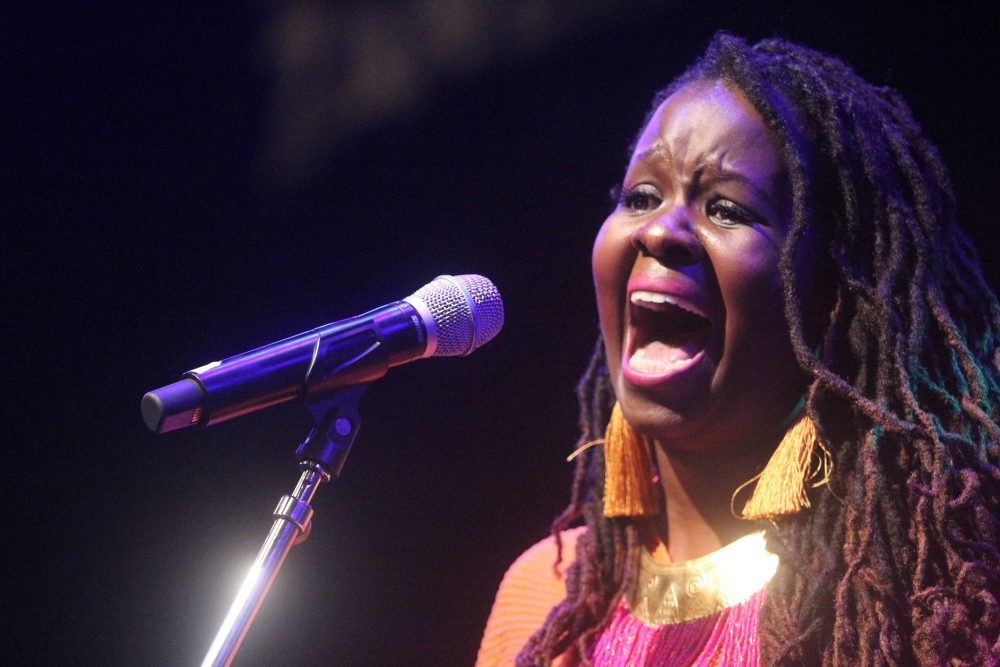
That’s really inspiring. Women power at Sauti za Busara! You know Yusuf, I have this vision of a dream vacation to Dar es Salaam and Zanzibar that combines cultural tourism, way cool urban adventures, beach tourism with a possible add-on of safari tourism. It would start in Dar, travel by boat to the Sauti za Busara Festival as the centerpiece of the journey, and wind up luxuriating on one of the island’s beautiful beaches. And then for the die-hards, head upcountry for a safari. What do you think? Should I be working for the Tanzanian Tourist Board or what?!
Absolutely! It sounds like you already are.
Yusuf, let’s rewind and start us up for prospective visitors to the Big City, Dar es Salaam. What’s it like?
Dar es Salaam is Tanzania’s main commercial hub. The streets are choked with traffic. Everyone is busy and constantly on the move. I like the vibe which is a lot faster and more energetic than Zanzibar. There is a lively music scene. Muziki wa dansi (dance music) is still going strong. Also of course is bongo flava which is what turns on most young East Africans. I hope you will also consider venturing to the poorer neighborhoods where the electronic sound of singeli is also enormously popular.
Well, you know Yusuf, Africa is mostly sold by the tourism industry as sightseeing lions and giraffes. And let’s not forget beach tourism. Don’t get me wrong—safari and beach tourism contribute significantly to local and national economies but we at Afropop Worldwide have always insisted that the best reason to visit Africa is to engage its smart, funny, creative people, sometimes enduring difficult situations of course but ultimately surviving. And moreover, the jewel in Africa’s crown is the continent’s one-of-a kind culture. So many tourists just drop $10,000 to $15,000 on a fancy safari vacation or dash off to the beach while flying in and out of the capital city, never stopping to meet the city folks and enjoy the lively nightlife. What a waste! There, I’ve said my speech!
I couldn’t agree more with you, Sean, that Africa is best-loved for its people and culture.
So let’s change gears: Big picture Yusuf, Sauti za Busara is 20 years on as of 2023. Tell us some of the lessons and best practice principles you’ve learned.
About the big picture, it’s exciting to see African music blowing up, worldwide. Amapiano is cross-fertilizing with Afrobeats, bongo flava, Jamaican dancehall, hip-hop, grime and trap music and so on, to continually create new and exciting fusions. However, I am concerned about the disappearance of live musicians. This is one reason why at the Sauti za Busara Festival we never invite musicians who use “playback.” Our motto is “100% Live.” And we’re happy to see others in Tanzania are now following our example. A critical factor for our success is the festival is a shared experience, between visitors and locals. We keep ticket prices cheaper for all Tanzanians, East African residents and African nationals. Everyone agrees the energy and ambience at Sauti za Busara is out of this world. Sauti za Busara, I think, is highly acclaimed because it has kept the focus and stayed consistent in showcasing African music, 100 percent live. Thanks to our dedicated crew, technical production standards are high. The sound is always high quality. Artists perform as scheduled, on time. We do our best to ensure youth, women and people from marginalized communities are included. This means taking risks in programming but thankfully our audiences have grown to trust us, knowing the best musicians at Sauti za Busara are often the ones they had never heard of. Musicians understand its significance and give their very best. Of course, we are also blessed with a fabulous venue, close to the ocean and surrounded by Stone Town’s cultural heritage, and warm and friendly people. Finally, as you know all of us, including artists, promoters, media institutions such as Afropop Worldwide are part of a music ecosystem. It works better when we collaborate, work together, in win-win partnerships. Recognizing that music is enormously influential, I believe we also have responsibilities, to raise awareness on environmental issues, challenge injustice, fight racism, speak out against corruption, to increase opportunities for the next generation.
Right on, Mr. Yusuf! Lastly, why don’t you talk about your thoughts on Sauti za Busara’s collaboration with Afropop Worldwide, starting in 2004 with our coverage of the first edition of the festival and fast forward to 2023 with our role as a media partner with the next festival?
Mr. Sean, I have been avidly following Afropop Worldwide for 25 years or more. I must say well done to you and Banning Eyre and to all in your team for an amazing job to keep this important platform alive. With quality journalism, in depth and completely in touch with what’s happening on the ground. Afropop Worldwide is showing the best of Africa to the world. You were here in Zanzibar at our very first Sauti za Busara in 2004. I remember you covered the event extensively and really helped put our event on the global map. Our first edition was a bit raggedy—the stage set up looked a bit like a refugee camp—but next February in 2023, you will see our festival has come a long way. We look forward to seeing you again soon, as you will hear many times on the streets of Zanzibar, karibu sana (“you are more than welcome!”)
Insh’Allah Yusuf… Banning and I hope to see you at the festival in Stone Town come February 2023! We have a little work to do first. And chalk this up to our warm mutual admiration society, but thanks, Yusuf, for your creative vision of what a music festival on Zanzibar could be and thanks to you and everyone on your team for your consistent hard work to build it up so beautifully these 20 years. And thanks to your enlightened vision of empowering African women—both artists on the stage and professionals behind the scene. You had a vision and you did it and you’re doing it! Well done my man!
More information on Sauti za Busara Festival 2023
Useful information for visiting Zanzibar
Sauti za Busara 2022: Amplifying Women's Voices
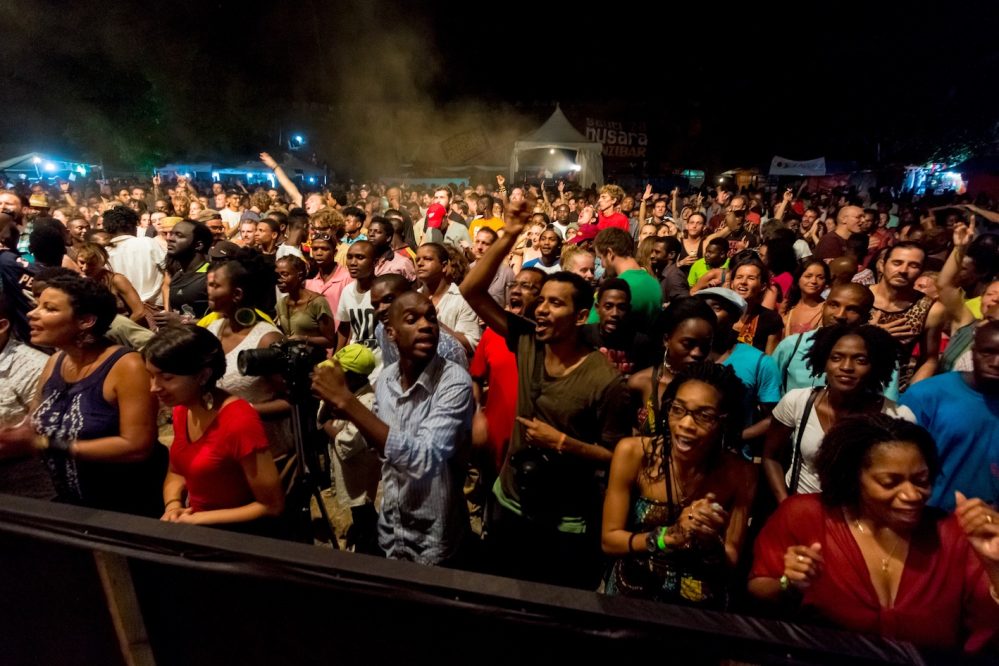
Related Audio Programs
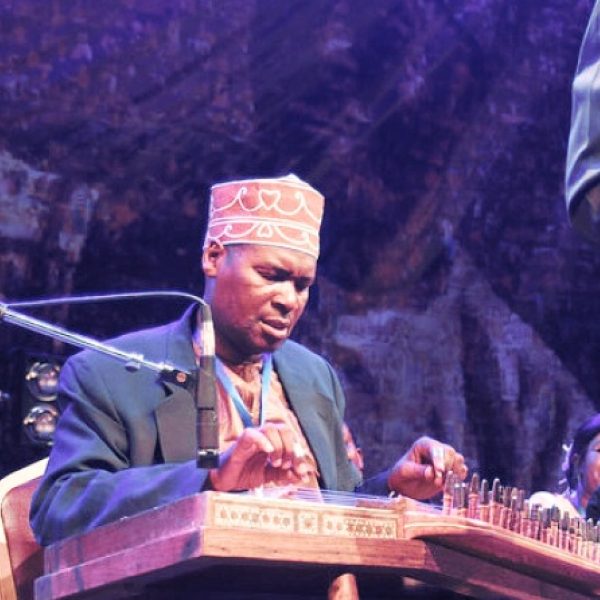
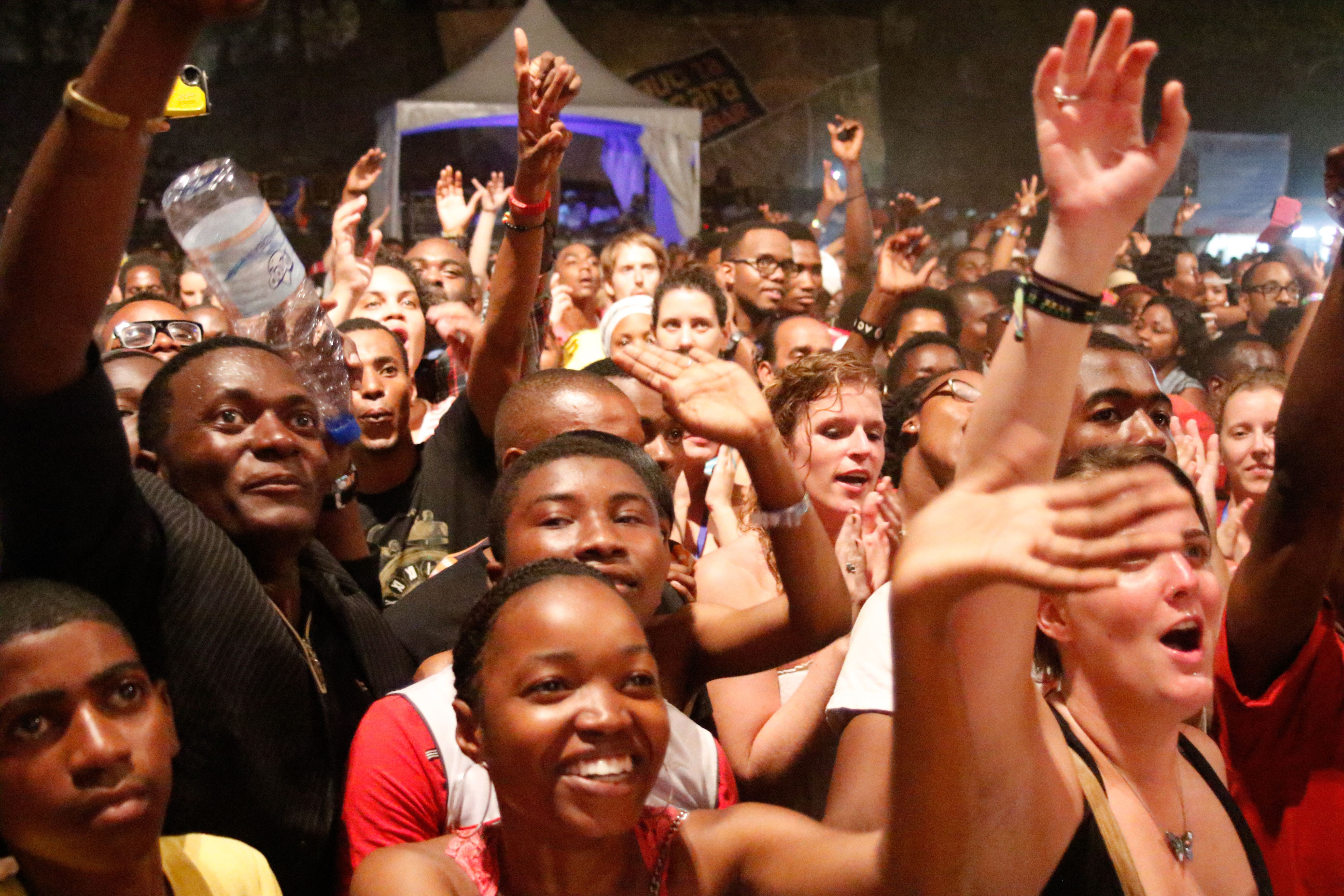
Related Articles
